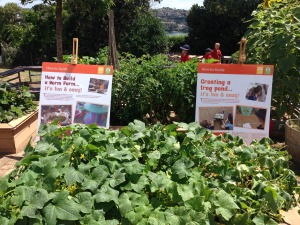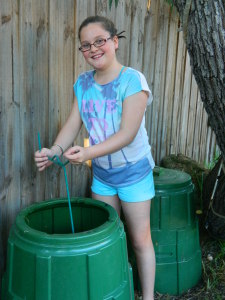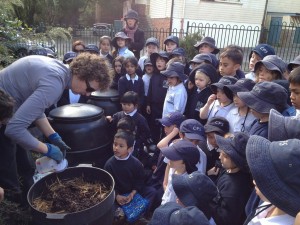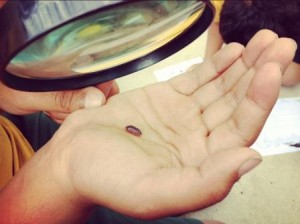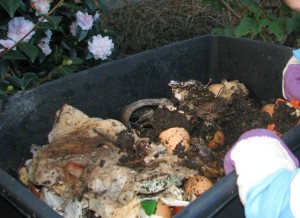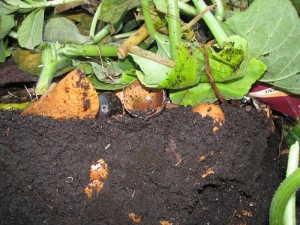Bad News for Teachers: There are less than 3 weeks before kids go back to school!
Good News for Teachers: Sustainability “How to Guides” and full lesson plans are available on the Landcare Australia website.
Good News for Parents: The How to Guides are a wonderful resource that can be used in your home garden or natural environment as well. We loved the natural pesticide recipe!
Based on the 2015 Australian Curriculum, the lesson plans include engaging and easy-to-understand teaching and learning sequences. The lessons plans and How to Guides cover a range of gardening and nature based activities and have been to assist Primary School teachers across Australia. Continue reading
Subscribe to the Gardening 4 Kids Newsletter

